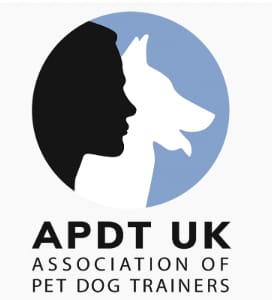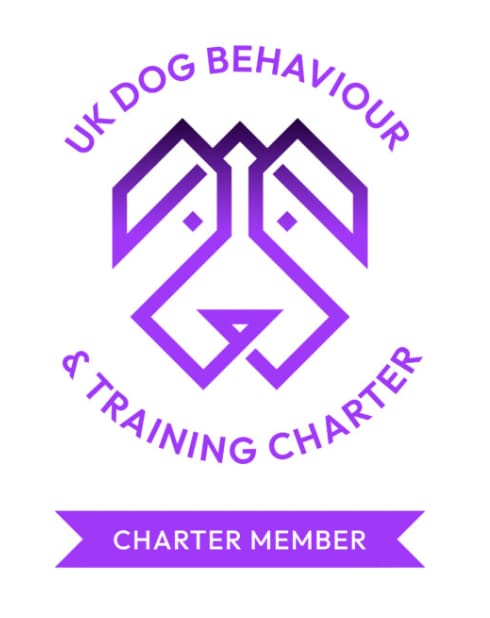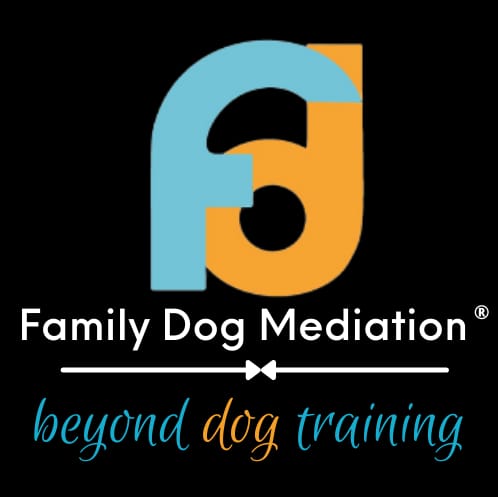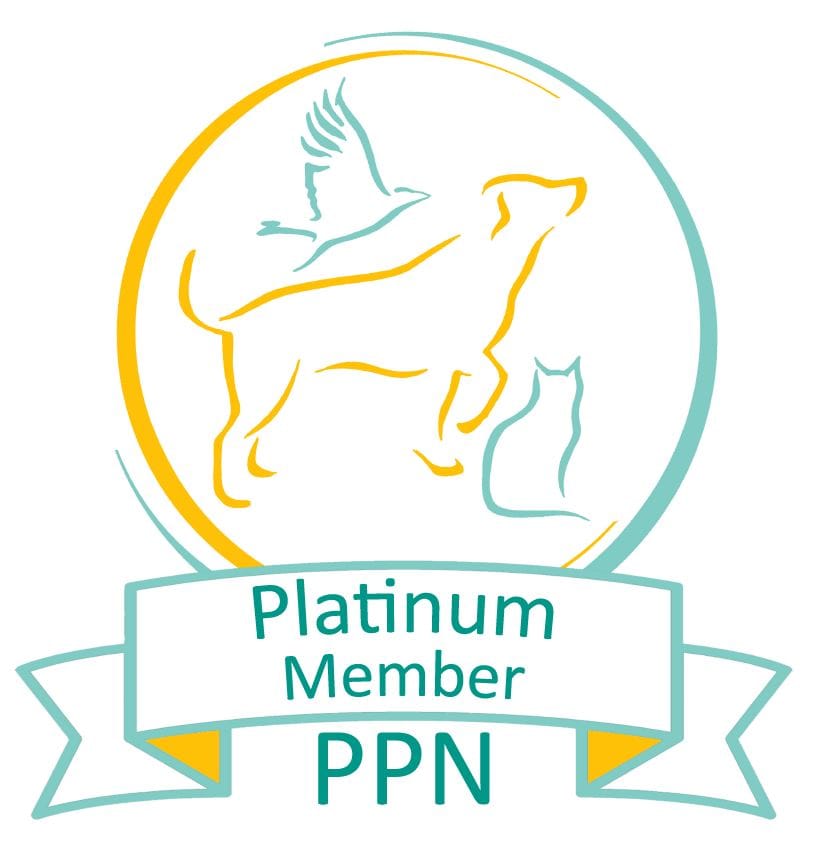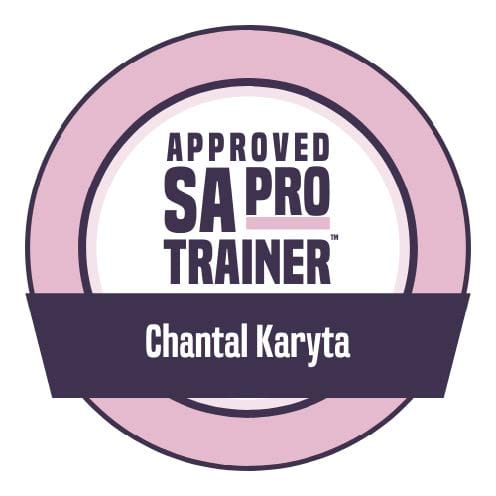Teaching Your Dog Or Puppy To Settle
09/06/2022 - Blog
Much as we all love our dogs, it’s impossible to give them our full attention 24/7. There are times when we just need our dog or puppy to settle down for a nap while we get on with life. Maybe you want to enjoy a cup of coffee with friends or be able to take a pub walk and know that Fido won’t be scoffing chips from a stranger’s plate. Or perhaps you want to nip to the supermarket (or go to work) without your dog howling pitifully and annoying the neighbours.
The ability to settle isn’t something that comes naturally to every dog. Just as we all have that one friend who can’t sit still or hates to be alone, dogs have their own little characters too. Some are happy to snooze until you invite them to interact with you. Others have busy brains and demand lots of entertainment. And then of course, there are pets who suffer terribly from separation anxiety.
Teaching your dog to settle empowers him or her with an important life skill that both you and your pet will find invaluable in day to day life. And when it comes to having adventures with your dog, you’ll find they’re much more fun when you can both relax and enjoy the ride.
Teaching Your Puppy To Settle
Welcoming a puppy to your family is an exciting time. This lovely cute, squidgy little bundle is hard to ignore and you’ll find it difficult to resist cuddling, carrying and playing with your new fur baby. But now is the time to teach Pup that whilst you love them unconditionally, he or she needs to be able to settle without you.
Puppy will of course be a little disorientated for the first few days with you. They’ve been taken away from their siblings and the only home they’ve ever known. Only to be thrust into a whole new household with unfamiliar smells, different sounds, new people and perhaps new companions too. It’s important that you are empathetic, but you must also help puppy adjust to a new lifestyle that includes good manners and being able to settle.
I thoroughly recommend crate training for all young puppies. It teaches them that they have a safe haven where they can relax safe in the knowledge that they have nothing to worry about.
Start by popping puppy into his or crate for a nap once or twice a day. After a lovely play session, take them outside for toileting and once they’ve ‘been’ they can take a favourite chew toy into their crate or pen and be left to settle for a snooze. Make sure that they have a cosy bed in there and that the crate is positioned in a nice quiet place. Teach other family members that puppy is not to be disturbed while he or she is sleeping.
As puppy grows and starts to regard the crate as a safe place, you can start to leave him or her unattended for just a few minutes. Never leave puppy alone if he or she seems distressed, instead offer a safe chew toy or a stuffed Kong to distract them and help them settle. They should never associate the crate with fear or anxiety - only with good stuff.
We talk more about crate training and settle mats for puppies in our puppy lifeskill classes. Settle mats are a useful training aid for when your pup is out and about. For example, you could carry puppy’s settle mat with you when you go for a pub meal and then use it to encourage little one to snooze while you enjoy your food.
Discover more about puppy training classes in Surrey here. https://www.ck9training.co.uk/training-your-puppy/
Training Your Adult Dog To Settle
If you have an adult dog who can’t sit still, don’t despair. You CAN teach him or her to settle. It just needs patience and consistency on your part. Along with lots of treats.
- Talk to your vet to rule out any underlying problems with health or nutrition.
- Ask your dog trainer about exercises to help with impulse control or read our blog on calming an excitable pet. https://www.ck9training.co.uk/blog/how-to-calm-an-excitable-dog/ (I’ll re-post the link at the end of this article)
- Teach your pet to use a settle mat.
- Offer lots of calming enrichment activities to sooth his or her busy brain. Scentwork, trick training or lifeskills classes are great for this as are interactive puzzle games.
- If your dog struggles with separation anxiety, seek expert help as soon as possible.
Coping With Separation Anxiety In Dogs
Separation anxiety is a serious psychological condition in dogs which causes enormous distress to the dog, the human family and sometimes to neighbours too. It’s not something that will go away on its own. In fact, ignoring the problem very often makes it a lot worse.
If your dog panics whenever he or she is left home alone, it’s crucial that you seek professional help. Signs of separation anxiety include barking, howling, chewing, escape attempts, toileting indoors, shaking and pacing.
The team at CK9 Training are seeing more and more cases of separation anxiety now that lockdown has been lifted. And so, if your family is affected by it - you are definitely not alone. It can be fixed with a tailored training program. Our expert, Chantal Karyta, offers online coaching with full support - so you don’t even need to leave the house to get help.
Learn more about dealing with separation anxiety here. https://www.ck9training.co.uk/separation-anxiety-in-dogs
How to calm an excitable dog. https://www.ck9training.co.uk/blog/how-to-calm-an-excitable-dog/
